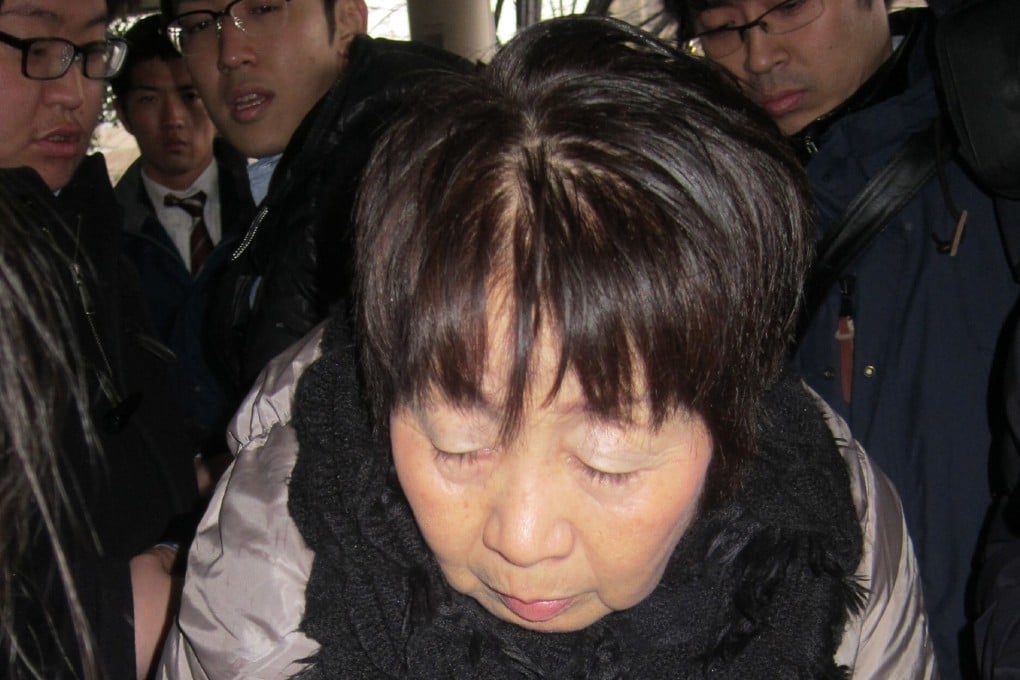‘Black Widow’ case shows Japan’s support for death penalty is alive and kicking
- Chisako Kakehi, who killed at least two lovers and a husband with cyanide to get their money, has lost an appeal against her death sentence – and that seems to suit most of Japan’s social media users just fine
- Despite criticism from rights groups and foreign governments, polls suggest 80 per cent of Japanese support capital punishment

No date has been set for Kakehi’s execution and she will only be informed that her sentence is being carried out on the morning of her execution.
Such is the demand that Kakehi be hanged that some posters claiming to be opposed to the death penalty have even expressed their support for the ruling. The case has attracted widespread media and public attention, leading to Kakehi being dubbed the “black widow”.
The court on Tuesday rejected an appeal by lawyers representing Kakehi against the death sentence passed by two lower courts, most recently in 2017, for killing her husband and two common-law partners with poison in 2012 and 2013.
She was also suspected of attempting to kill a fourth partner, while prosecutors declined to investigate the deaths of three previous husbands that were not at the time considered suspicious.